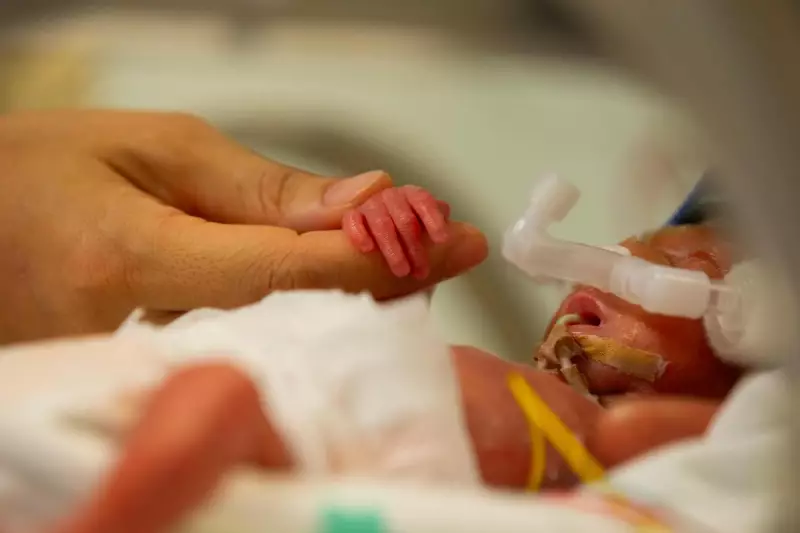
In a groundbreaking medical advancement that could reshape neonatal care standards, Perth's King Edward Memorial Hospital has launched an innovative study using cutting-edge technology to monitor the delicate skin of premature babies. This pioneering research promises to transform how healthcare professionals care for Australia's most vulnerable infants.
Revolutionary Approach to Premature Infant Care
The hospital's neonatal unit is currently trialing sophisticated moisture-monitoring devices that provide real-time data about preterm infants' skin health. Unlike traditional methods that rely on visual inspection and manual assessment, this technology offers objective, continuous monitoring of skin hydration levels.
Dr. Samantha Broom, the study's principal investigator and a consultant neonatologist, emphasizes the critical importance of this research. "Premature babies have underdeveloped skin that's extremely fragile and permeable," she explains. "Maintaining optimal skin hydration is crucial for their survival and development, yet until now, we've lacked precise tools to measure this effectively."
How the Technology Works
The non-invasive sensors used in the study measure the electrical properties of the infants' skin to determine hydration levels. This data helps medical staff make more informed decisions about skincare routines, humidity requirements, and overall treatment plans for each individual baby.
Researchers are focusing on infants born before 32 weeks gestation, with the study aiming to recruit approximately 100 participants. The technology not only tracks hydration but also helps identify early signs of skin damage or potential infection risks that could lead to serious complications.
The research team includes specialists from King Edward Memorial Hospital collaborating with engineers from the University of Western Australia, creating a multidisciplinary approach to solving complex neonatal challenges. This partnership between medical professionals and technological experts represents the future of healthcare innovation.
Potential Impact on Neonatal Care Standards
If successful, this technology could establish new clinical guidelines for preterm infant care not only in Western Australia but across the country. The real-time data allows for personalized care adjustments that could significantly improve outcomes for premature babies.
"What makes this approach revolutionary is its ability to provide continuous, objective data," Dr. Broom notes. "Instead of relying on intermittent visual assessments, we can now monitor subtle changes in skin condition as they happen, allowing for proactive rather than reactive care."
The study represents a significant step forward in addressing the unique challenges faced by premature infants, whose survival rates have improved dramatically in recent decades but whose long-term health outcomes remain a priority for neonatal specialists.
As the research progresses, the team hopes to develop standardized protocols that could be adopted by neonatal intensive care units nationwide, potentially improving the quality of care for thousands of premature babies born in Australia each year.





